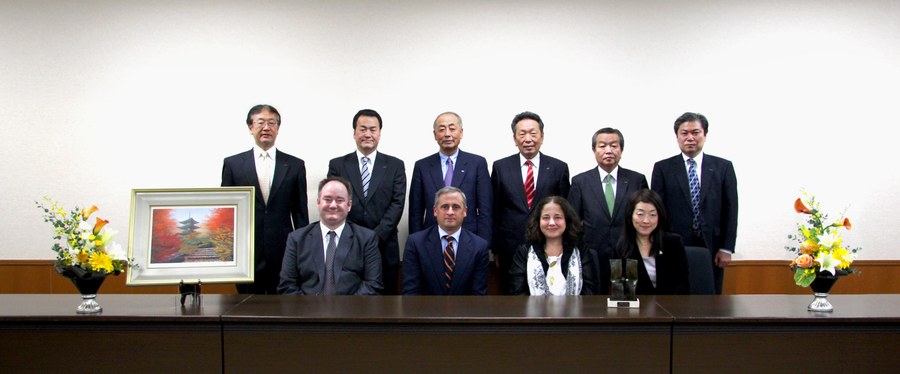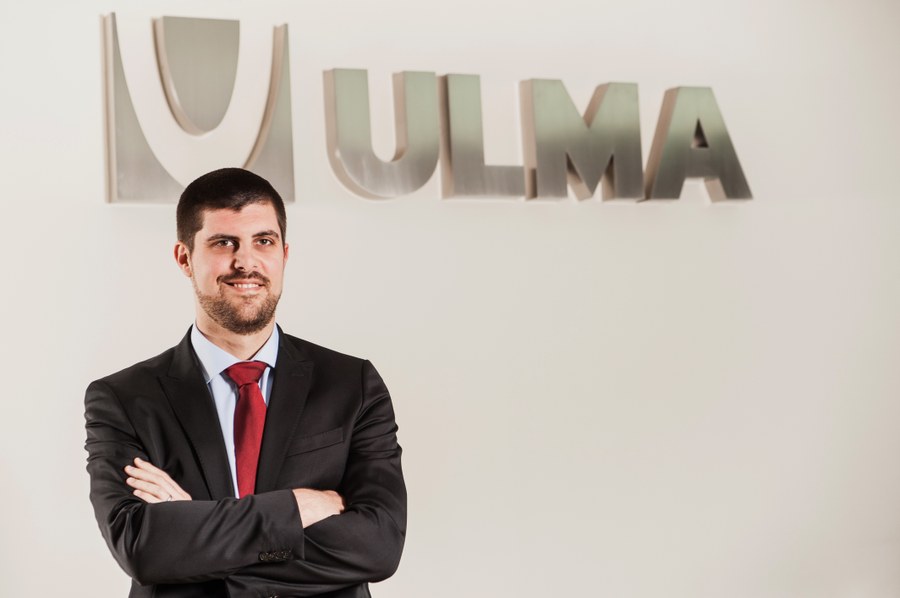ULMA- DAIFUKU: a wonderful alliance turns 25

ULMA Handling Systems began marketing automated warehouses in collaboration with DAIFUKU, the Japanese world leader in the sector, in 1988.
From the start, the collaboration between these two companies saw an exchange of know-how, experiences, teams and systems covering the full range of Automated Production and Distribution (AP/AD) products.
The first project carried out by ULMA after signing the alliance was in 1989 when it installed a high-rack raiser in its own facilities. The device is still in operation now. At that time, automated logistics was rare for most companies. However, at the end of the 1980s a few organisations began to consider reorganising their logistics space and it became seen as a strategic value within corporate policies.
Over time the business project consolidated its position and ULMA Handling Systems was to play an ever greater role supplying logistics equipment and systems in Spain. ULMA began its internationalisation process in the 1990s, buildings its first facilities in Brazil, France and Italy.
Over these 25 years, both corporate and financial results show how this alliance has become consolidated. It continues to share resources, know-how, new challenges and dreams.
The first project carried out by ULMA after signing the alliance was in 1989 when it installed a high-rack raiser in its own facilities. The device is still in operation even now. At that time, automated logistics was rare for most companies. But at the end of the 1980s a few organisations began to consider reorganising their logistics space and it became seen as a strategic value within companies’ business policies.
Over time the business project consolidated its position and ULMA Handling Systems attained an ever greater role supplying logistics equipment and systems in Spain. ULMA began its internationalisation process in the 1990s, developing its first facilities in Brazil, France and Italy.







